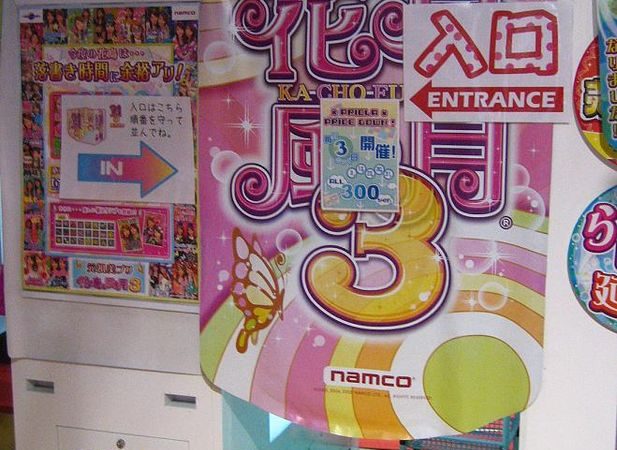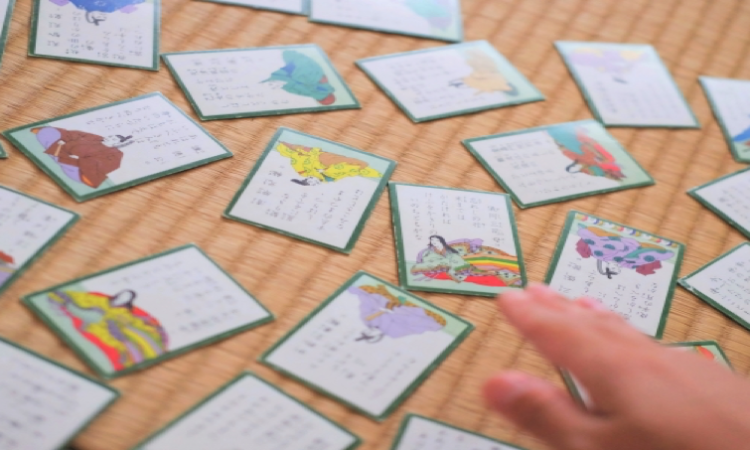This post is also available in:

Living in Japan can be a challenge for many international students. Still, there are some useful money saving tips that can help you to survive in this expensive country just on a student budget.
Get Saving!
1. Accommodation
 Credits: Canva.com
Credits: Canva.com
Saving Tip #1: Shared Housing/Dormitory
Along with tuition fees, accommodation may be one of the biggest expenses when it comes to studying abroad in Japan, especially if you have to live in a big city like Tokyo. Still, a great tip here to save some money is to live in your school’s dormitory or a share house. Regarding both options, you may have to sacrifice some of your privacy because you will need to share the common spaces and utilities, but you can save a lot of money compared to living alone.
Saving Tip #2: Living in the Suburbs
In addition to living in a shared space, you can consider looking for a share house in a suburban area, a little further out from the centre, because rent in these areas tends to be much cheaper. However, remember to factor in the cost of transportation to your school and places of interest regarding money and time.
2. Shopping
 Credits: Canva.com
Credits: Canva.com
Saving Tip #3: Buy Stationery/Household Items Online or at The 100 Yen Shop
Choosing the perfect accommodation is a great start to your university life in Japan. Still, don’t relax just yet, because getting your house furnished is another challenging task. For a foreign student, buying new furniture may be a waste of money as university life only lasts for a few years.
It is much more economical to buy stationery and household items from second-hand stores or online platforms such as Mercari, or Rakuten. For basic household items or cute home decorations, you can go to 100 yen shops such as Seria or Daiso where almost every product is sold at 100yen (plus tax).
Another great way to get household items more cheaply is to join your university’s student groups and see if there is anything that your seniors want to sell. Speaking from personal experience, in my university’s Vietnamese student groups, people often sell items at surprisingly cheap prices to other students when they move out or graduate. Therefore, I did not need to spend much money on these items.
Saving Tip #4: Buy Food in the Evening and in Large Amounts
It is apparent that cooking at home is much cheaper than eating out. You can take advantage of discounted supermarket products, often after 8 p.m. Many supermarkets also have a trolley of discounted products that are close to their expiry dates. Just remember to use them in a timely manner!
Even you cannot cook, it is still possible to have a reasonably cheap meal at a family chain restaurant such as Yoshinoya, Matsuya, or Sukiya.
Saving Tip #5: Register For A Point Card and Make Good Use of Coupons
When shopping in Japan, having a point card will do you good in the long run as you may be able to get a discount or exchange points after reaching a certain number of points. Also, make good use of the online coupons or coupons that may be sent to your mailbox.
3. Utilities
 Credits: Canva.com
Credits: Canva.com
Saving Tip #6: Use a Fan Instead of AC in the Summer
In summer, turning on the air-conditioner is unavoidable most of the time. However, you will save a lot of money if you can make do with a fan instead. You can buy one that is still in good condition from a second-hand store or your seniors at a reasonable price and you even may be able to use it until graduation!
Saving Tip #7: Get a Wearable Blanket From Don Quijote in the Winter
When it comes to winter in Japan, it is almost impossible to stay warm without a heater. However, you can get a wearable blanket sold at Don Quijote which is very fluffy and comfy. This will surprisingly negate the need for external heating.
4. Transportation
 Credits: Canva.com
Credits: Canva.com
Saving Tip #8: Get a Commuter Pass
Getting a commuter pass is highly recommended when you are commuting between two stations for school or work. A commuter pass allows you to unlimited journeys between those two stations over a fixed period. It may be able to cover multiple routes depending on where you are travelling.
Saving Tip #9: Buy a Second-Hand Bicycle
What is a better way of staying healthy and saving money at the same time by commuting to work and school by bike? Buying a bicycle is not costly in Japan, but if you want to minimize your spending, it is easy to just buy a second-hand one from Mercari or a senior!
5. Entertainment
 Credits: Canva.com
Credits: Canva.com
Saving Tip #10: Make Use of Karaoke Freetime and Special Deals
Along with studying, student life is not complete without having fun. And especially if you live in Japan, a few karaoke sessions with your friends are quintessential. In general, it is cheaper to go during the daytime and on weekdays. In some places, there are special discounts for students and members.
What’s more, karaoke free time is great for saving since you can pay less to sing as much as you want.
Enjoy Your Life in Japan With the Help of These Saving Tips!
Your university life will speed by so try to make use of this precious time to explore everything about Japan. We hope that these saving tips will help you relieve some of the financial burdens so you can truly enjoy your life here!
– Michelle/Vietnam
More related readings:
- A Guideline About Taxes in Japan For Foreigners
- Gotemba, Number One Premium Outlet in Japan
- 10 Reasons to Shop at Secondhand Stores in Japan
- Tips To Save Money on Food in Japan
Featured photo credits: Canva.com






